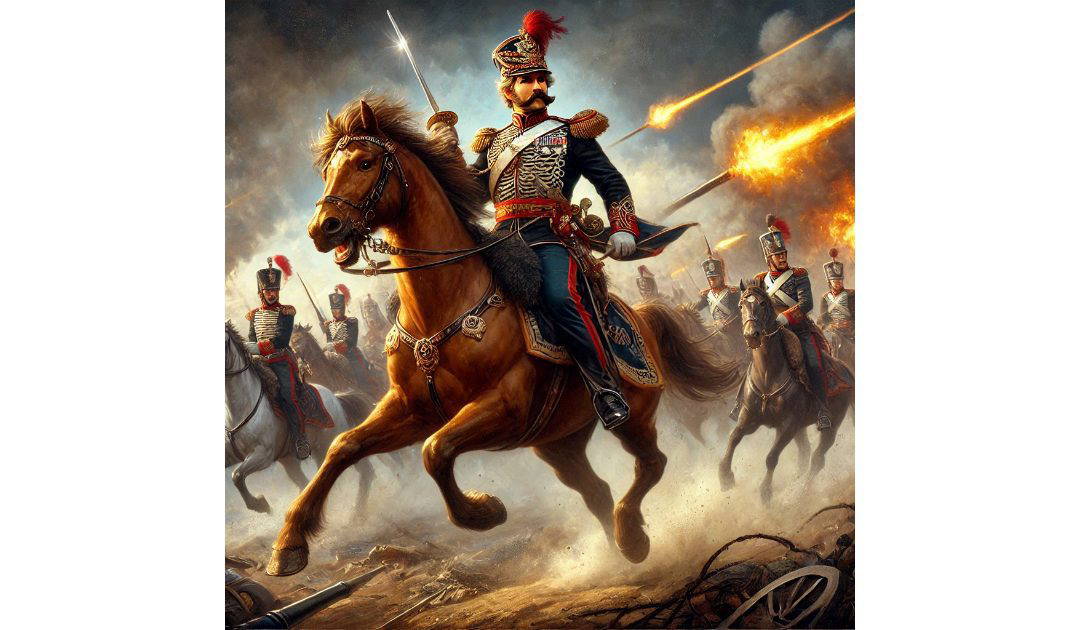Tennyson’s poem The Charge of the Light Brigade was published on 9th December 1854 in The Examiner, a weekly intellectual journal. The military action had taken place on 25th October of the same year against the Russian army at the Battle Balaclava during the Crimean War. I posted about Tennyson earlier, he is certainly one of my favourite poets. I have a request in my will that his poem Crossing the Bar be read at my funeral. But back to the actual charge.
The Light Brigade, a British cavalry unit, was tasked with attacking a Russian artillery position. A miscommunication of orders led the brigade to advance down a valley flanked by Russian artillery on three sides, rather than attacking the intended target. Approximately 670 men, led by Major General James Brudenell, the 7th Earl of Cardigan, charged into what Tennyson described as the “valley of death.”
The assault was tactically disastrous. Russian forces, entrenched and well-armed, unleashed a devastating barrage of cannon fire on the advancing cavalry. Despite their courage and discipline, the Light Brigade suffered severe casualties. Of the 670 men, 118 were killed, 127 wounded, and over 300 horses were lost. Only a fraction of the force managed to regroup after the charge. The bravery displayed by the men was undeniable, but the action failed to achieve its objectives.
The incident exposed significant flaws in British military communication and command. The misinterpretation of orders, attributed to unclear instructions from Lord Raglan, the British commander-in-chief, demonstrated the dangers of inadequate coordination in warfare. Nonetheless, the Charge of the Light Brigade is remembered for the heroism of the soldiers who obeyed orders despite overwhelming odds. It’s a long time since I read the Flashman novels by George MacDonald Fraser, but Flashman at the Charge was my favourite. Fraser is reported as saying that he didn’t have a favourite but that his agent, George Greenfield, said that it was his best.

